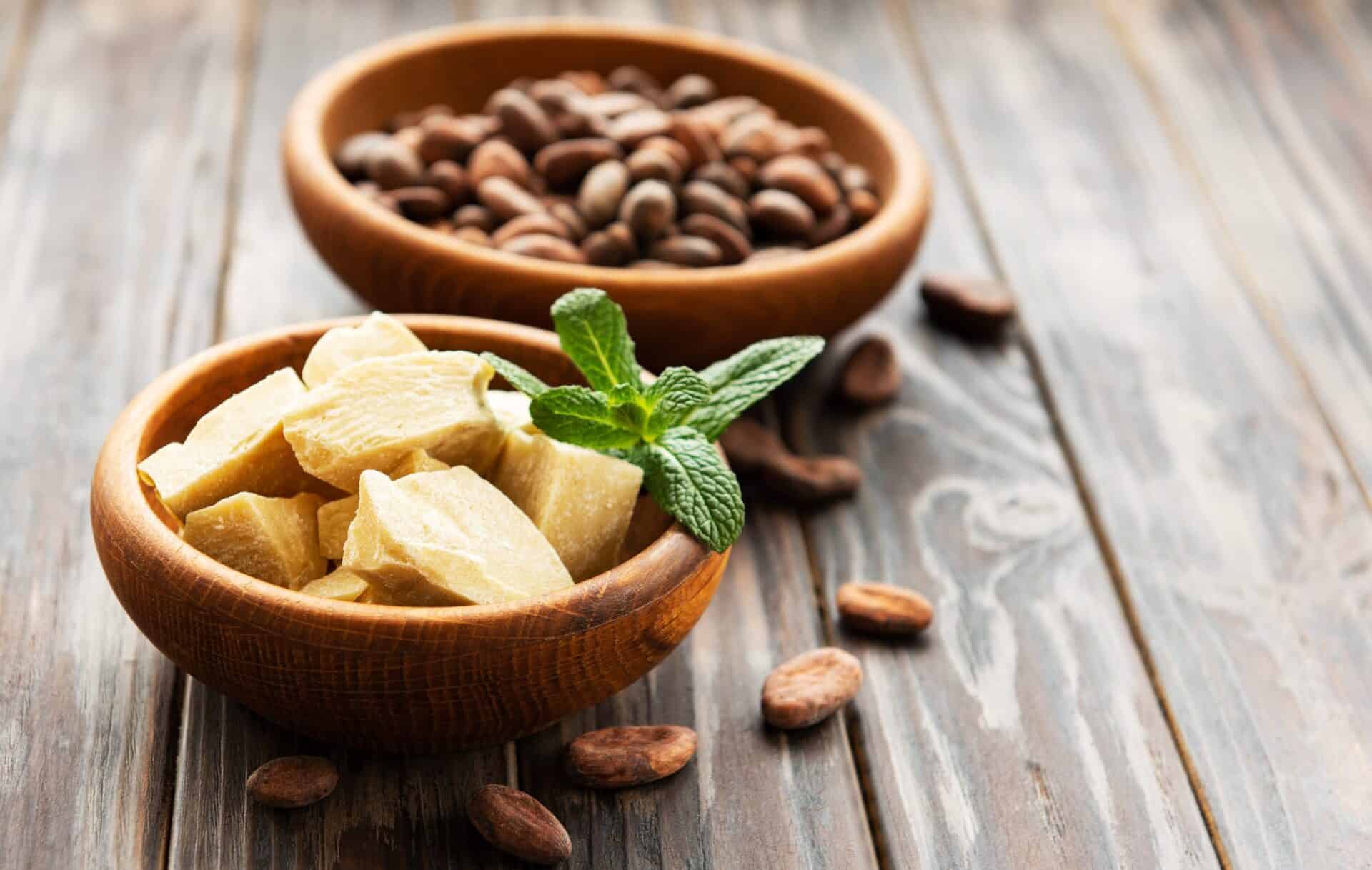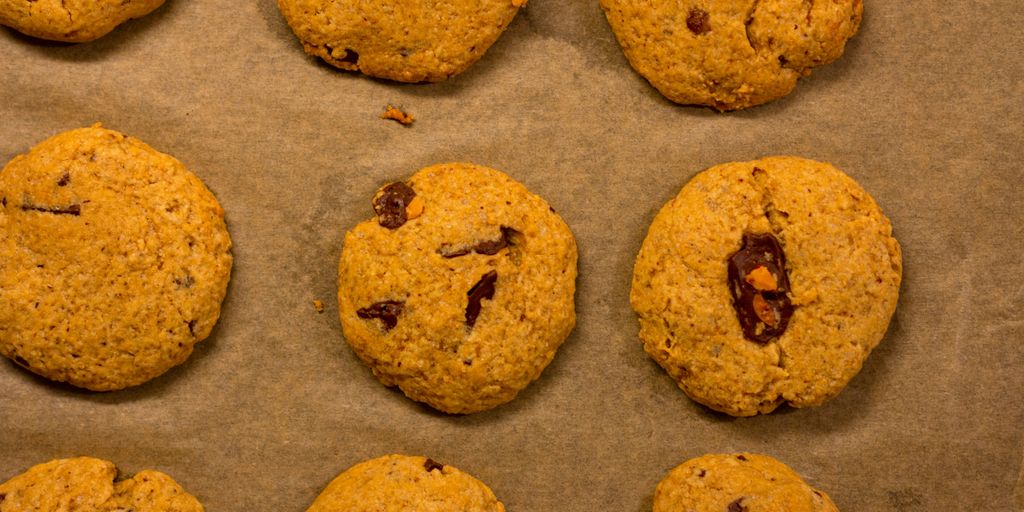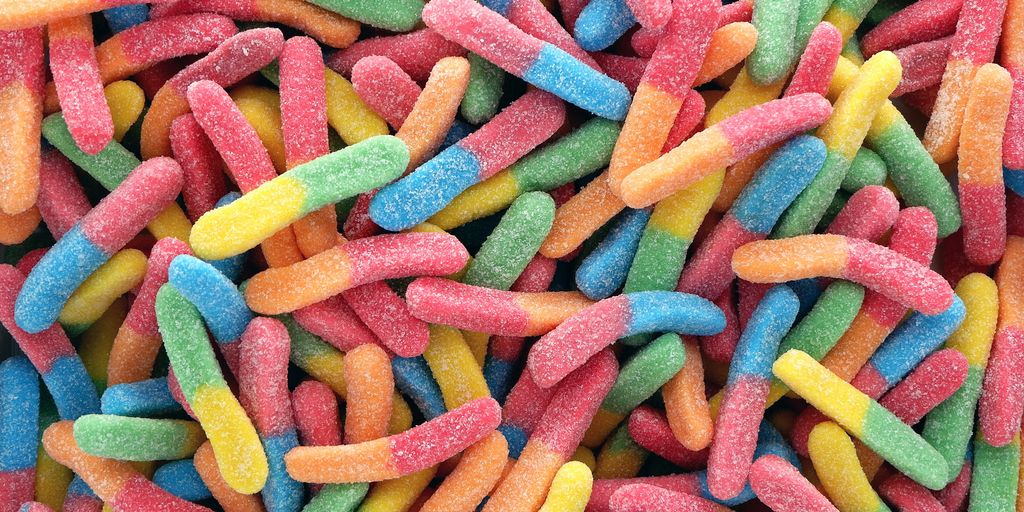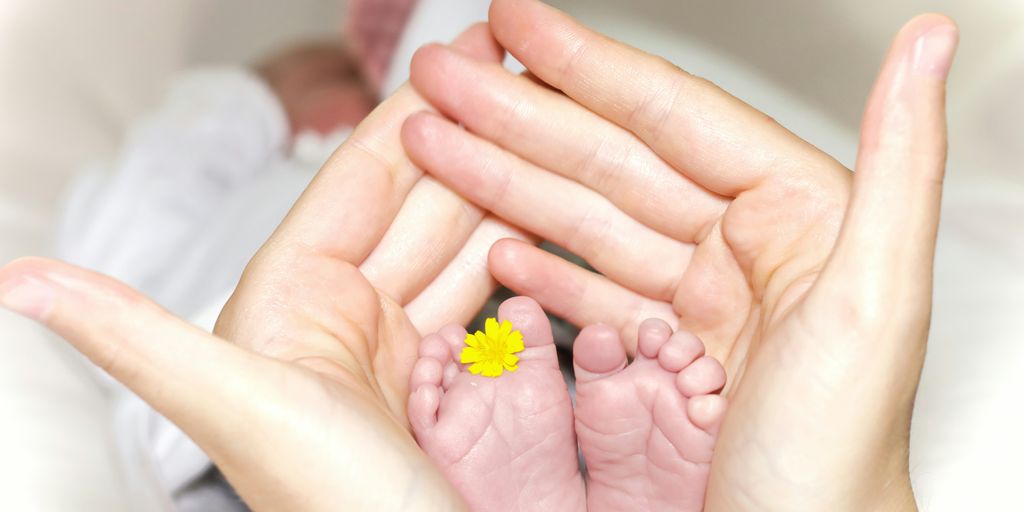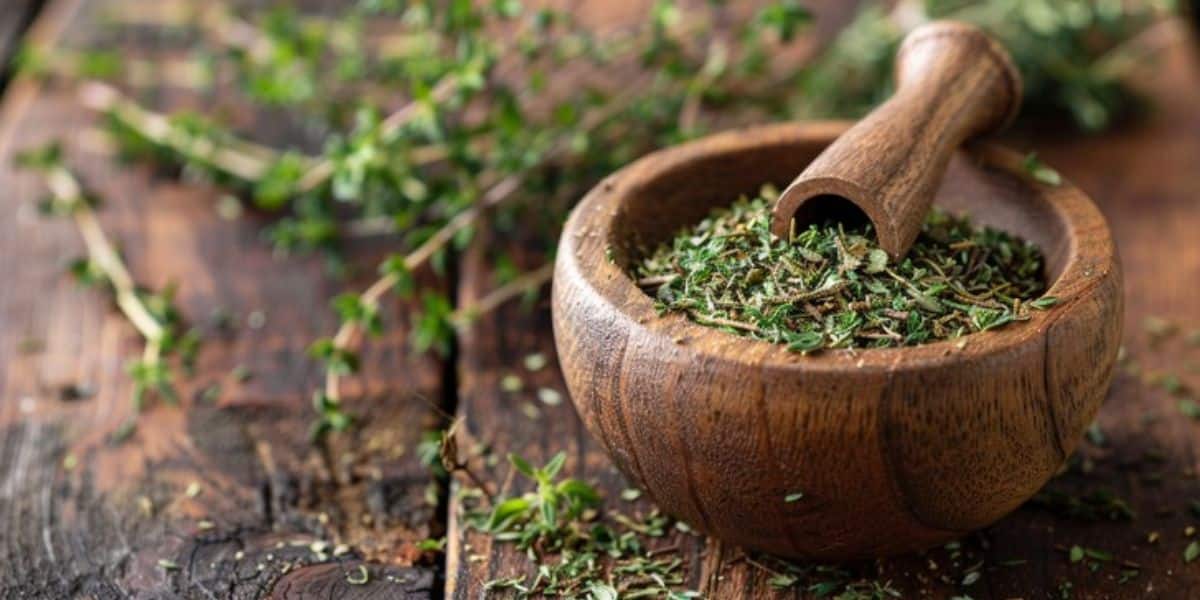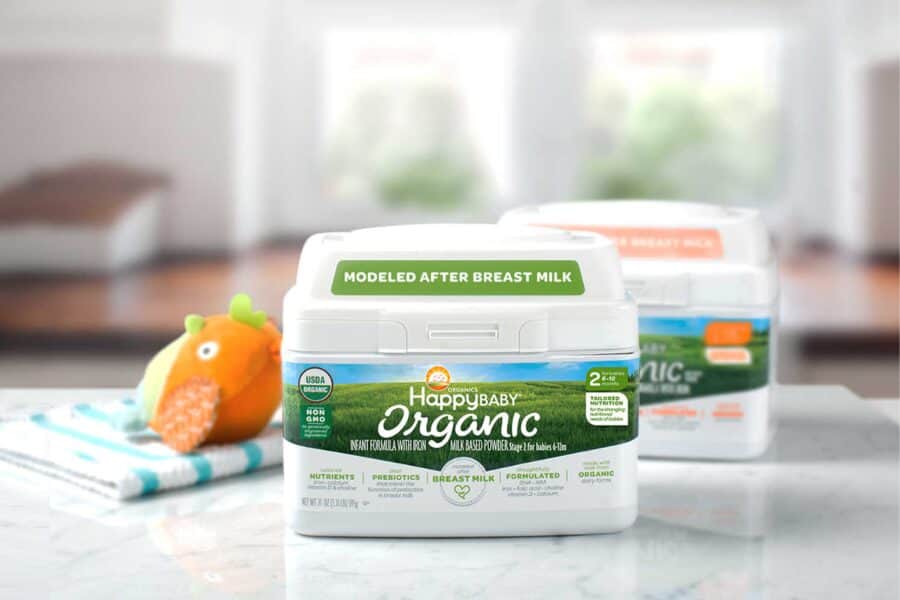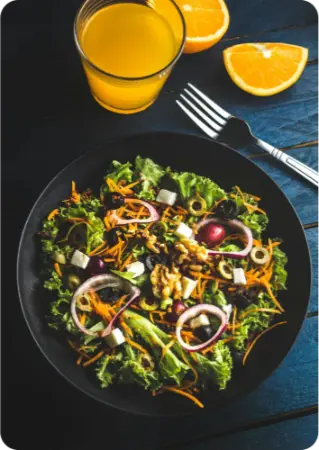In recent years, the wave of veganism and sustainable consumption has surged, reshaping industries and consumer choices. One product that often finds itself under scrutiny in this context is cocoa butter. Widely cherished for its moisturizing properties and as a key ingredient in chocolates, the question arises: Is cocoa butter vegan? Let’s dive in, explore sustainable alternatives, and even whip up a DIY vegan cocoa butter recipe!
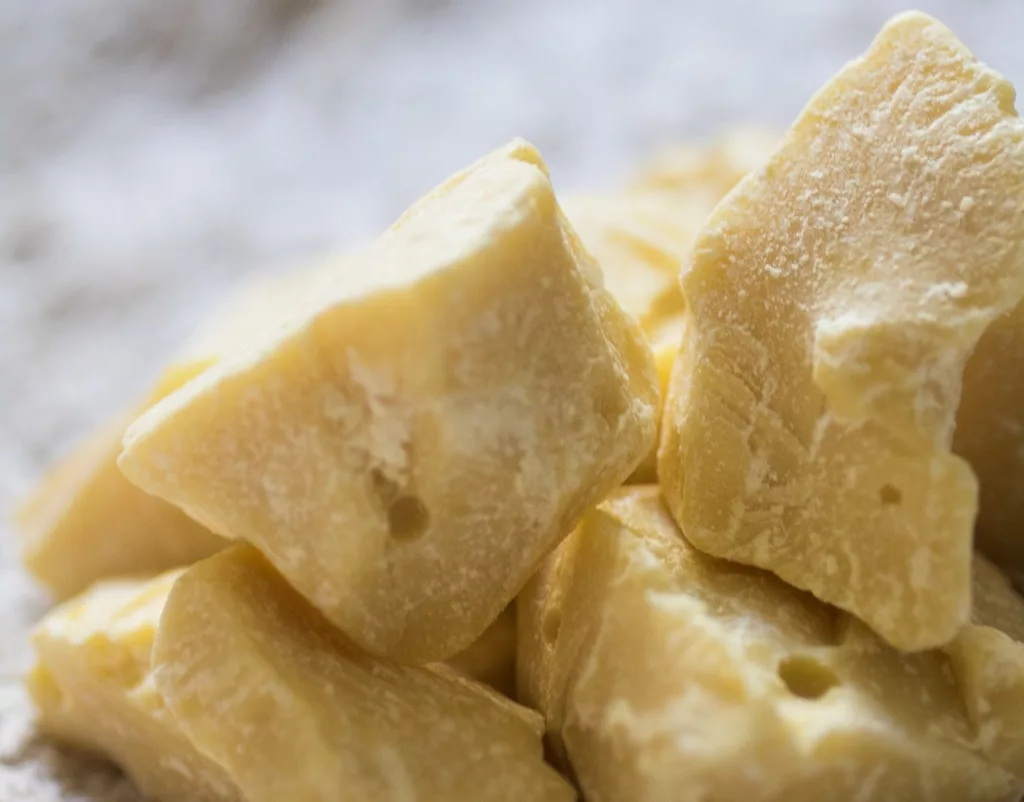
Introduction to the World of Cocoa Butter
Cocoa butter, with its rich texture and delightful aroma, has been a staple in skincare and culinary arts. Extracted from the cocoa bean, it’s a natural fat that offers numerous benefits. Whether indulging in its velvety touch or exploring its wide-ranging applications, understanding the essence of cocoa butter unveils a realm of possibilities. But with the rise of veganism, many are questioning its credentials. Is cocoa butter vegan, or should it be avoided by vegans?
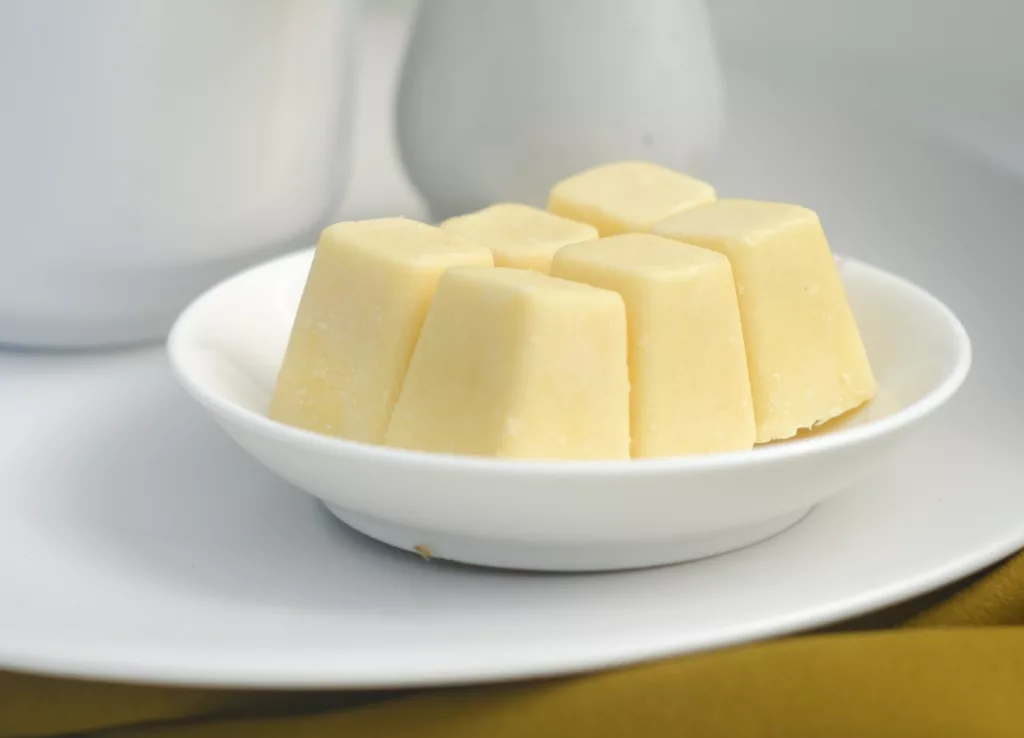
The Verdict: Is Cocoa Butter Vegan?
At its core, a product is considered vegan if it doesn’t contain any animal-derived ingredients or by-products. By this definition, pure cocoa butter is indeed vegan. It’s a plant-based fat derived solely from the cocoa bean.
However, a word of caution for the purists: the broader cocoa industry has faced criticism for unethical practices. Inquiring into the sourcing of ingredients, is cocoa butter vegan? While cocoa butter itself is plant-derived, potential cross-contamination or ethical concerns in cocoa production might be points of consideration for some. For instance, some cocoa farms have been linked to deforestation and unfair labor practices. As consumers, it’s crucial to research and support brands that prioritize ethical sourcing and fair trade practices.
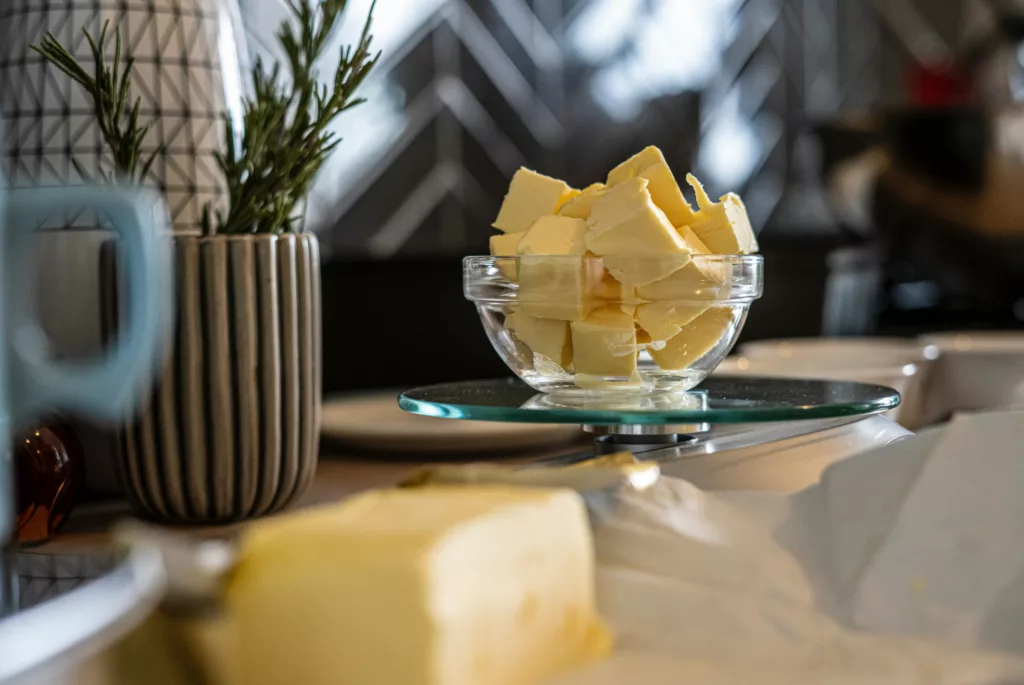
Beyond Cocoa: Sustainable Alternatives Worth Exploring
Is cocoa butter vegan in its production? Yes, when sustainably sourced. Sustainable sourcing isn’t just a buzzword; it’s a necessity. If you’re concerned about the ethical implications of cocoa production, here are some sustainable alternatives to cocoa butter:
Mango Butter
Extracted from the kernel of mangoes, this butter offers a creamy texture, making it a great moisturizer. It’s also packed with vitamins A and E, promoting skin health.
Shea Butter
A favorite in the skincare world, shea butter is known for its hydrating properties. It’s derived from the nuts of the shea tree and is often used as a direct substitute for cocoa butter. When sourced responsibly, shea butter production can provide essential economic opportunities for women in Africa.
Coconut Oil
While not a ’butter’ per se, coconut oil’s consistency and moisturizing properties make it a popular choice in many DIY skincare recipes. It’s also known for its anti-inflammatory and antioxidant properties.
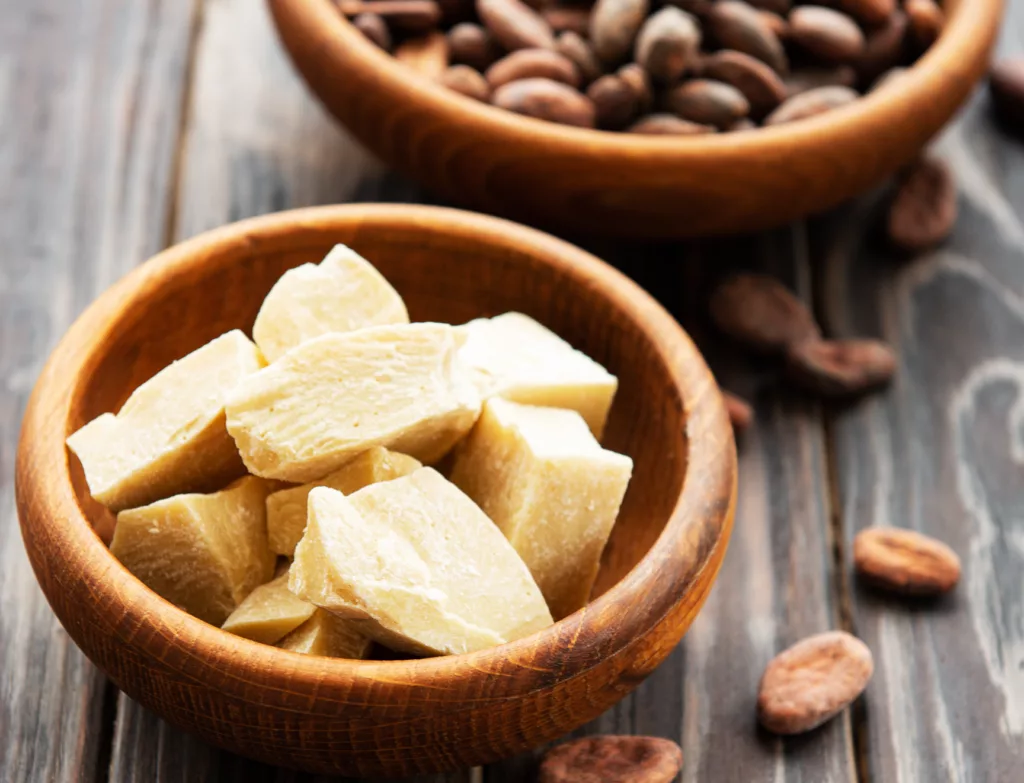
Embrace the DIY Spirit: Vegan Cocoa Butter Recipe
Is cocoa butter vegan and can it be made at home? Yes! Making it yourself is one of the best ways to ensure your cocoa butter is vegan. Here’s a simple recipe to get you started:
Ingredients
Raw cocoa beans (ethically sourced)
A double boiler or microwave
A sieve or cheesecloth
Storage containers
Procedure
1. Start by roasting the cocoa beans at a low temperature until they’re slightly darkened. This will help in releasing the natural oils.
2. Crush the roasted beans into smaller pieces, allowing for easier oil extraction.
3. Using a double boiler or microwave, gently heat the crushed beans. This will melt the fat and separate it from the rest of the bean.
4. Pour the melted mixture through a sieve or cheesecloth to separate the liquid fat from any solid residues.
5. Allow the liquid to cool. As it does, it will solidify, turning into cocoa butter.
6. Store in a cool, dry place.
Storage and shelf life
Your homemade cocoa butter can last up to two years if stored properly. Ensure it’s kept away from direct sunlight and moisture.
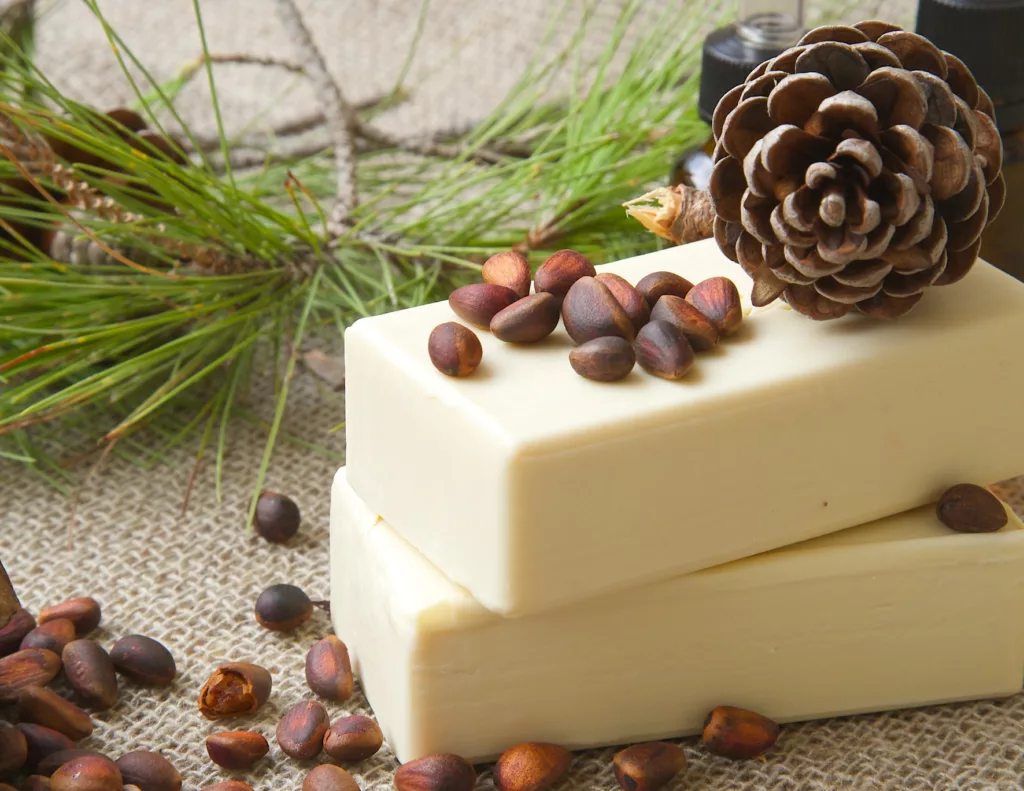
The Bigger Picture: Ethical Consumption and Its Impact
In conclusion, the journey to ethical consumption goes beyond just ingredients. Is cocoa butter vegan, and can it be part of a vegan lifestyle? Yes, absolutely! It’s about understanding the production processes, being aware of the industry’s practices, and making informed choices. Remember that every choice counts towards a more ethical and sustainable future.
By supporting ethically-sourced products, consumers can drive positive change, promoting fair labor practices and environmental responsibility. Start now and shop sustainably right here!
